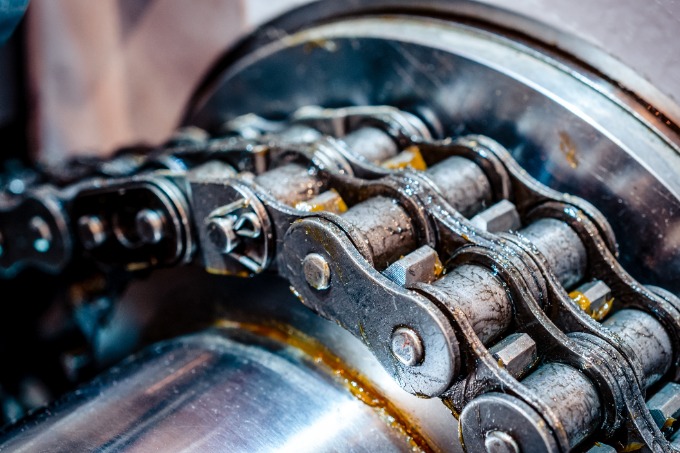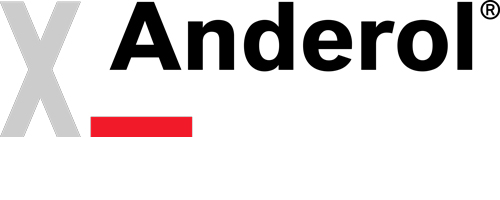1. Using the wrong lubricant
It goes without saying that using the right lubricant for your application is critical, but selecting the right one is not always just as simple as following what is says in the manual. Most manuals are written for ideal conditions, which can be very different from the actual environment in which your equipment is being used. There are various operating and environment conditions, such as temperature, speed, reactive gases, dust and water that need to be taken into consideration otherwise your component won’t be adequately protected from wear and corrosion.
2. Over or under greasing
Both under greasing and over greasing can cause detrimental damage to your equipment. Over lubrication can cause excess heat build-up, bearing seal damage, clean up issues and increased downtime. Insufficient lubrication for the bearing increases friction between the moving parts causing excess heat to be generated.
3. Incorrect storage and handling
Lubricating oils and greases that are not handled and stored correctly (i.e. exposed to dust, dirt, moisture or extreme temperatures) will quickly deteriorate or become contaminated. For example, lubricants should not be stored outdoors. However, if they must be stored outdoors (short periods only) they should be stored horizontally so that water cannot collect on the drums. Drums should be positioned several inches about the ground to prevent moisture damage and protected with a waterproof cover.
4. Mixing incompatible lubricants
Maybe your usual lubricant is out of stock or you’re switching suppliers. Whatever the reason for mixing lubricants we would always recommend that you seek advice first – in Anderol’s case this would be either through ourselves or your local distributor. Even though a lubricant might appear on the label to be a suitable replacement for another in terms of its thickeners and additives, it may not be compatible and could have very adverse reactions.
5. Not having a lubrication plan in place
Finally, and arguably the biggest mistake is not having an effective lubrication plan in place. Implementing a successful lubrication programme will help you avoid the most common mistakes, improve productivity, reduce lubricant consumption, maintenance and operating costs.
Read more
Choosing the right industrial lubricant





